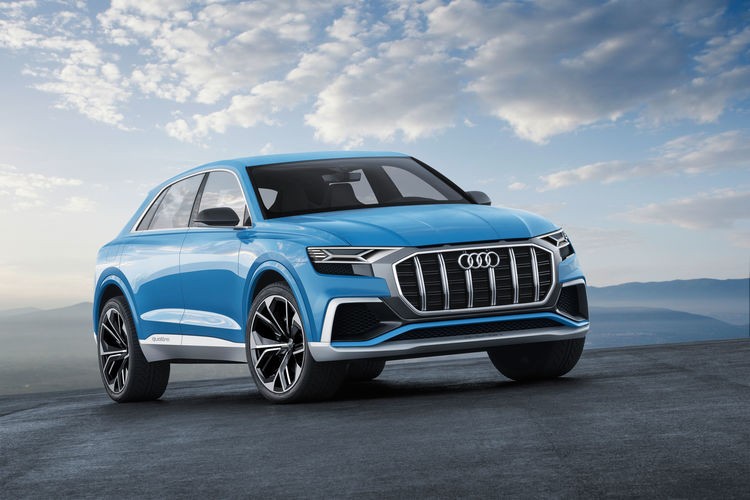
Leasing vs. Financing: Which Is Better?
When it comes time to buy a new car, there are two main options: leasing and financing. Both have their own advantages and disadvantages, so it's important to weigh your options carefully before making a decision.
In this blog post, we'll take a closer look at leasing and financing, and we'll discuss why leasing may be the better option for some people.
What is Leasing?
When you lease a car, you're essentially renting it for a set period of time. You'll make monthly payments, and at the end of the lease term, you'll have the option to return the car, buy it, or lease a new one.
Leasing is a good option for people who want to drive a new car every few years. It's also a good option for people who don't want to be responsible for the long-term maintenance and repair costs of a car.
What is Financing?
When you finance a car, you're borrowing money from a lender to buy it. You'll make monthly payments on the loan, and at the end of the loan term, you'll own the car outright.
Financing is a good option for people who want to own their car outright. It's also a good option for people who want to make customizations or modifications to their car.
Why Leasing May Be Better Than Financing
There are several reasons why leasing may be a better option than financing for some people.
Of course, leasing isn't the right option for everyone. There are some disadvantages to leasing, such as:
Conclusion
Leasing and financing are both viable options for buying a new car. The best option for you will depend on your individual needs and preferences. If you're looking for lower monthly payments and no long-term commitment, leasing may be a good option for you. However, if you want to own your car outright or make customizations to it, financing may be a better option.
Here are some additional factors to consider when making your decision:
Once you've considered all of these factors, you'll be able to decide whether leasing or financing is the right option for you.






Ask your questions to keep logs of unusually helpful
solutions they’ve shared with customers.